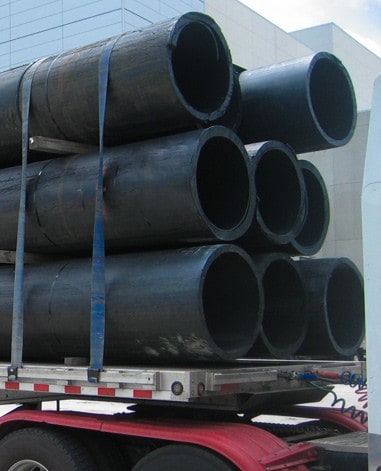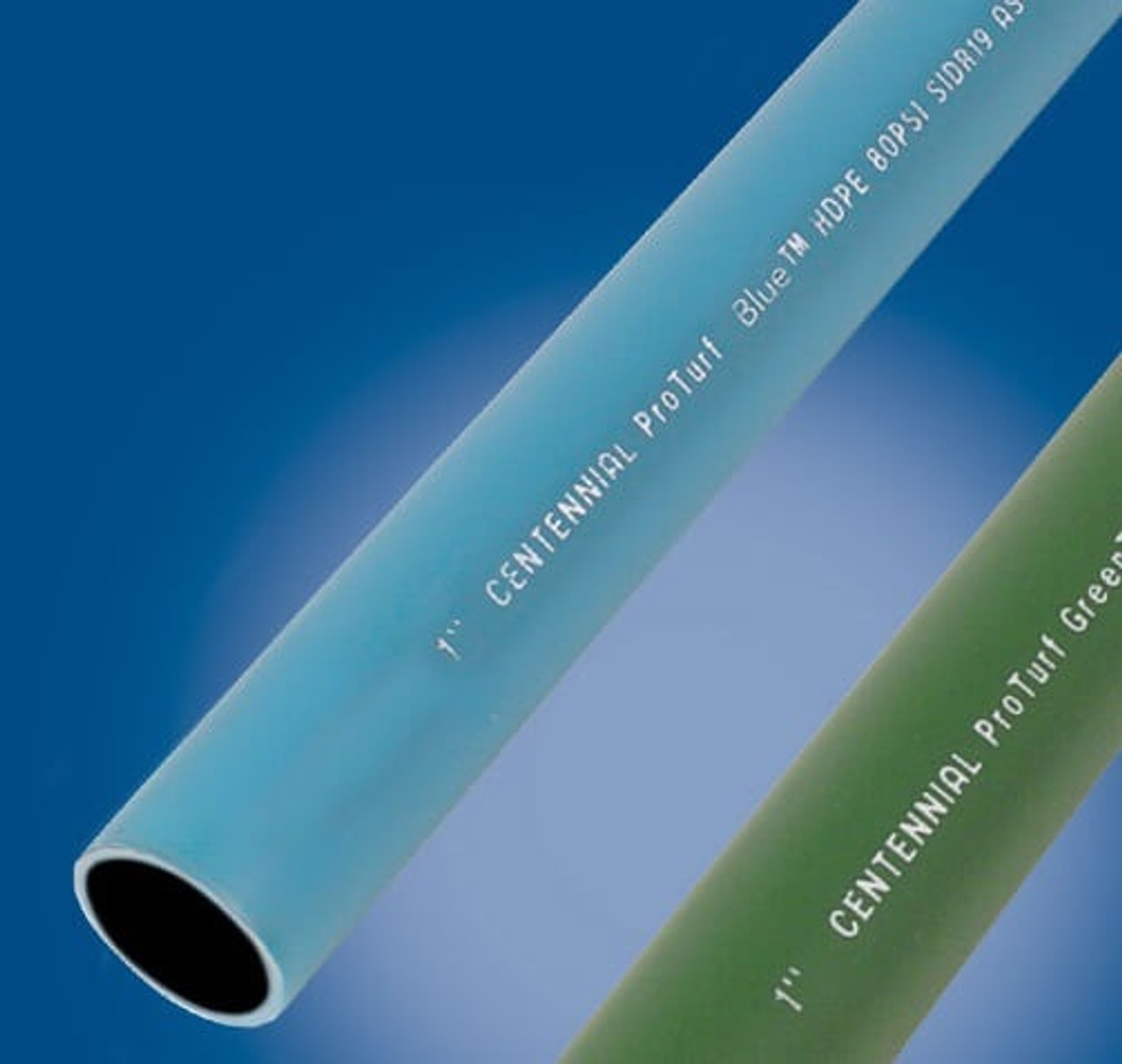How American Plastics HDPE Pipe for Oilfield Supports Oilfield Operations
Wiki Article
Recognizing the Secret Perks of HDPE Pipe for Water and Wastewater Monitoring
Making use of HDPE pipeline in water and wastewater administration presents various advantages that merit factor to consider. Its phenomenal toughness and lengthy lifespan make it a preferred option for lots of projects. In addition, the product's resistance to deterioration and chemical damage enhances its integrity in numerous atmospheres. However, the advantages prolong beyond simply long life and resistance. Exploring its cost-effectiveness and environmental effect reveals much more engaging reasons for its extensive adoption in contemporary frameworkPhenomenal Sturdiness and Durability

HDPE pipeline sticks out for its extraordinary longevity and durability, making it a preferred choice in water monitoring systems. Built from high-density polyethylene, these pipes can withstand substantial pressure and tension, guaranteeing trustworthy performance gradually. Their robust nature permits them to sustain extreme ecological problems, including temperature level changes and soil activities, which can trigger various other materials to fail.
The life expectancy of HDPE pipes often surpasses 50 years, offering an economical remedy for municipalities and industries alike. Furthermore, the material's light-weight properties streamline installation, lowering labor prices and durations. This toughness decreases the demand for frequent repair services or replacements, further improving its economic charm.
In water management applications, the integrity of HDPE pipelines suggests fewer disturbances and boosted solution continuity, making them integral to sustainable facilities development. The mix of durability and longevity strengthens HDPE's role as a foundation in effective water monitoring solutions.

Resistance to Deterioration and Chemical Damages
While numerous materials surrender to rust and chemical damages in time, HDPE pipelines display exceptional resistance, making them suitable for various water management applications. This resilience comes from the molecular framework of high-density polyethylene, which is inherently non-reactive and does not wear away like steels or weaken from direct exposure to harsh chemicals. As an outcome, HDPE is extremely efficient in atmospheres with aggressive substances, such as wastewater systems that may consist of acids, bases, and organic solvents.
In addition, HDPE pipes can hold up against ecological elements such as soil acidity and saline problems, additionally enhancing their viability for diverse applications (hdpe pipe in stock Midland TX). Their capacity to preserve architectural stability in time reduces the threat of leaks and failures, which is critical in ensuring the safety and security and dependability of water circulation and wastewater administration systems. Consequently, the resistance to deterioration and chemical damages noticeably adds to the overall performance and longevity of HDPE piping solutions
Cost-Effectiveness and Economic Benefits
When taking into consideration the economic effects of water monitoring systems, the cost-effectiveness of HDPE pipes ends up being obvious. These pipes provide lower installment and upkeep expenses contrasted to conventional materials like steel or concrete. Their lightweight nature simplifies transport and setup, resulting in decreased labor costs. Furthermore, HDPE pipes show a lengthy life expectancy, typically going beyond half a century, which translates to less replacements and lasting savings.The resistance of HDPE to deterioration and chemical damage reduces the requirement for costly repair work and replacements. The pipes view website also support effective water circulation, decreasing energy costs related to pumping systems. By minimizing leaks and water loss, HDPE pipes add to significant financial benefits for districts and markets alike. Generally, the first investment in HDPE piping can yield considerable financial returns over the lifespan of the water management system, making it a prudent choice for sustainable framework development.
Ecological Sustainability and Reduced Impact

Convenience and Flexibility in Installation
Because of their distinct buildings, HDPE pipelines use impressive flexibility and flexibility in setup, making them appropriate for a wide variety of applications. Their lightweight nature allows for less complicated handling and transportation, lowering labor costs and installation time. HDPE pipelines can be curved and shaped to fit various terrains and task demands, which is particularly valuable in testing atmospheres.Furthermore, their resistance to deterioration and chemical damages permits setup in diverse setups without the requirement for specialized protective layers. The capability to fuse joints produces a constant, leak-free system, enhancing the total honesty and reliability of the installation. HDPE's adaptability likewise suits ground motion, decreasing the risk of damages in locations prone to moving soil. On the whole, these click this site qualities make HDPE pipelines not only flexible but also a recommended choice for water and wastewater monitoring systems.
Often Asked Concerns
Exactly How Does HDPE Pipe Contrast to PVC in Water Administration Applications?
HDPE pipe supplies exceptional versatility, resistance to corrosion, and sturdiness contrasted to PVC. Its lighter weight facilitates much easier installment, while its long lifespan lowers replacement expenses, making HDPE a recommended option in water monitoring applications.What Is the Life-span of HDPE Pipeline Under Normal Problems?
Under common problems, HDPE pipes can have a life expectancy ranging from 50 to 100 years. Their toughness and resistance to rust add to their long-term efficiency in different applications, making them a reputable selection for framework.Are HDPE Piping Recyclable After Their Service Life?
Yes, HDPE pipes are recyclable after their service life. custom hdpe pipe manufacturing Midland TX. They can be refined and repurposed right into brand-new items, considerably minimizing ecological influence and advertising sustainability within the industry, making them an eco-friendly option for piping servicesWhat Is the Setup Process for HDPE Piping?
The installment procedure for HDPE pipelines includes site prep work, trenching, pipe blend or mechanical signing up with, backfilling, and pressure testing. Proper methods assure a long lasting and reliable system for delivering water and wastewater successfully.Can HDPE Pipes Be Used for Both Drinkable and Non-Potable Water Systems?
Yes, HDPE pipes can be made use of for both safe and clean and non-potable water supply. Their flexibility, resilience, and resistance to rust make them appropriate for different applications, making sure risk-free and efficient transport of water in various contexts.Report this wiki page